Vietnam has signed many international documents on gender equality (GEM), including the Convention on the Elimination of All Forms of Discrimination against Women (CEDAW) and the United Nations Sustainable Development Goals (SDGs).
Over the years, Vietnam has demonstrated a strong determination to promote gender equality and women’s advancement with a clear, consistent strategy that is consistent with national practice. An important milestone was the promulgation of the Gender Equality Law in 2006.
Especially in the 10-year period of implementing the National Strategy on Gender Equality 2011 - 2020, our country has achieved many encouraging results, contributing to narrowing the gender gap in various fields, making positive contributions to the country's socio -economic development.
Typically, national goals have been implemented quite synchronously, creating changes in awareness and actions of party committees, authorities, cadres, civil servants and people in implementing gender equality.
[caption id="attachment_598706" align="aligncenter" width="768"]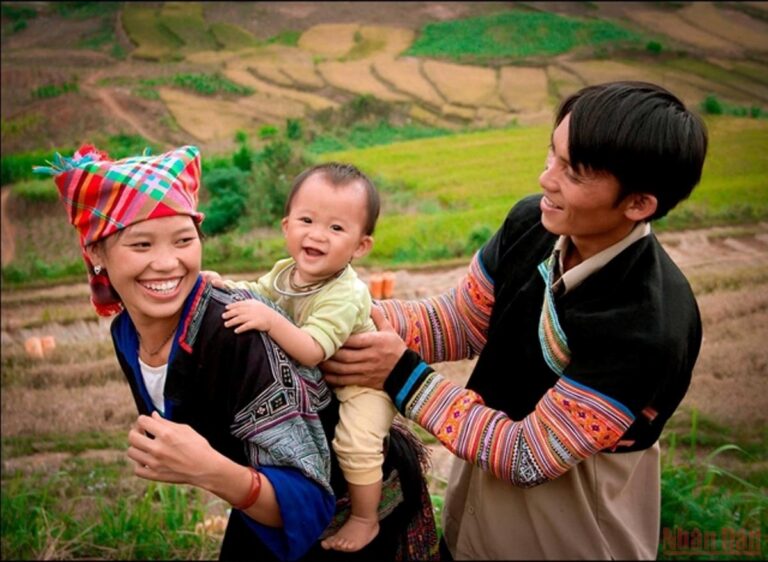 Men and women have equal positions and roles in the family. (Photo: Ethnic and Development Newspaper)[/caption]
Men and women have equal positions and roles in the family. (Photo: Ethnic and Development Newspaper)[/caption]Vietnam's Gender Equality Strategy
The system of legal documents and policies has been gradually improved towards ensuring the principle of gender equality, in accordance with international standards. Gender mainstreaming in the development and implementation of strategies, policies, laws, programs, plans, projects, etc. has received attention from all levels and sectors, contributing to narrowing the gender gap, enhancing the role and position of women in the family and in society, creating conditions for women and men to participate and enjoy equality in all areas of political - economic - social life.
Accordingly, the 2013 Constitution of Vietnam and many specialized laws such as the 2014 Law on Social Insurance; the 2019 Labor Code; the 2015 Law on Election of National Assembly Deputies and People's Council Deputies; the 2015 State Budget Law... have been amended and supplemented on the basis of ensuring the principle of gender equality and integrating gender equality issues seriously and extensively.
With the goal of continuing to narrow the gender gap, the Government has issued Resolution No. 28/NQ-CP approving the National Strategy on Gender Equality for the 2021-2030 period, along with many programs and policies to promote gender equality and prevent and respond to gender-based violence.
One of the key tasks and solutions is to continue to improve the system of policies and laws to ensure gender equality principles in relevant fields. The immediate task is to summarize and evaluate the implementation of the Gender Equality Law and study and propose amendments to the Gender Equality Law in the coming time.
According to the Ministry of Labor, War Invalids and Social Affairs (MOLISA), the amendment and supplementation of the Law on Gender Equality should be prioritized by the Government and the National Assembly in the 2021-2026 period. The Law on Gender Equality is being considered by the Government for amendment and supplementation in the direction of continuing to promote the implementation of gender equality, including the implementation of commitments to eliminate gender-based violence and towards the implementation of the United Nations Sustainable Development Goals (SDGs).
[caption id="attachment_599157" align="aligncenter" width="768"]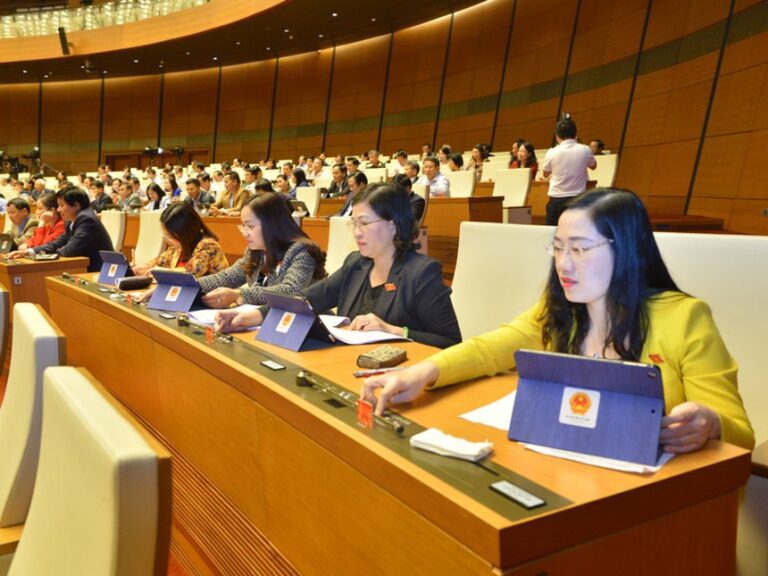 Amending and supplementing the Law on Gender Equality will be prioritized by the Government and the National Assembly in the 2021 - 2026 period. (Photo: National Assembly Newspaper)[/caption]
Amending and supplementing the Law on Gender Equality will be prioritized by the Government and the National Assembly in the 2021 - 2026 period. (Photo: National Assembly Newspaper)[/caption]Continue to amend and supplement the Law on Gender Equality
The Ministry of Labor, Invalids and Social Affairs believes that the current Law’s scope of regulation, which is “areas of social and family life”, is still limited and inconsistent with international standards. Instead, the Law’s scope of regulation should include all areas of life to address all issues that may give rise to inequality.
In addition, the definition of discrimination should be expanded, as the current definition does not include indirect discrimination. Defining indirect discrimination would help strengthen gender-based analysis and mainstream gender equality issues in the legal system, policies and programs.
On the other hand, harmful cultural beliefs, traditions and prohibited behaviours need to be clearly defined in the Law on Gender Equality and other laws of Vietnam. For example, gender-based violence can take many different forms, such as physical violence, mental violence, sexual violence, economic violence, gender-biased sex selection, forced marriage or early marriage.
In reality, many individuals are simultaneously subject to multiple forms of multidimensional discrimination, especially women and girls with disabilities, ethnic minorities or those living in remote areas.
In addition, specific measures should be provided to address harmful practices, including gender-biased sex selection, and prohibited practices should be identified in the Law and specific responsibilities assigned to relevant agencies.
For overlapping responsibilities among stakeholders in addressing issues such as domestic violence, gender-based violence, or gender-biased sex selection, it is necessary to clearly define the functions of relevant ministries and establish a close inter-sectoral coordination mechanism. This will help avoid confusion among citizens, improve the effectiveness of state management, and improve the quality of public services.
In short, to ensure equal treatment, the Law needs to have clear provisions, creating a basis for conducting gender-based impact assessments from different perspectives, in order to identify the forms of gender-inequitable treatment that each target group is facing, thereby building and implementing priority mechanisms, especially those suitable for them in legal documents, policies and programs.
Tra Khanh











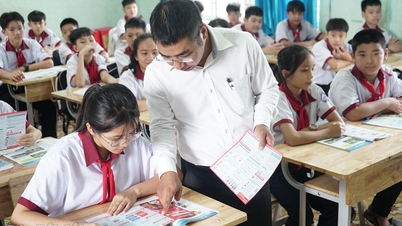












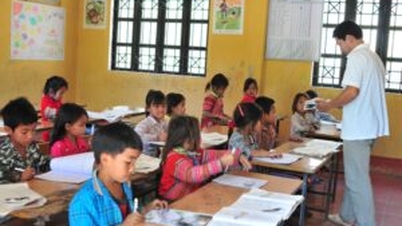




































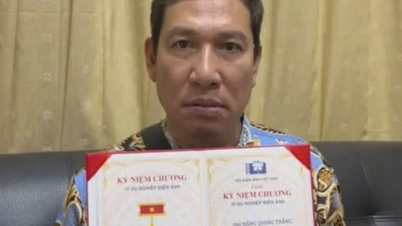




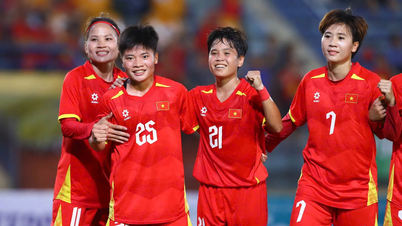







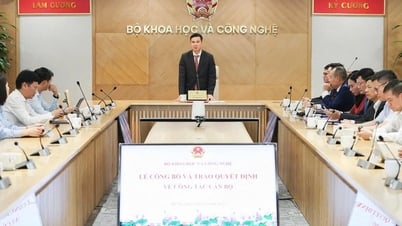

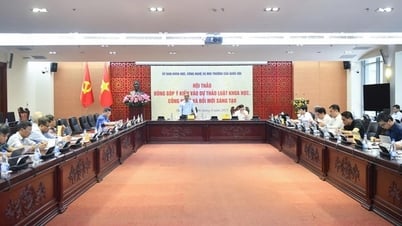







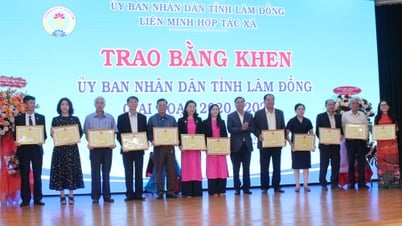



![[OCOP REVIEW] Tu Duyen Syrup - The essence of herbs from the mountains and forests of Nhu Thanh](https://vphoto.vietnam.vn/thumb/402x226/vietnam/resource/IMAGE/2025/6/5/58ca32fce4ec44039e444fbfae7e75ec)







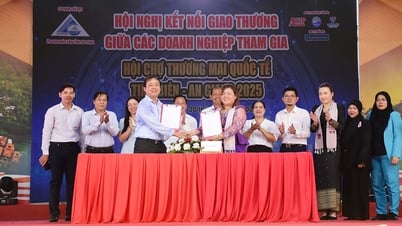



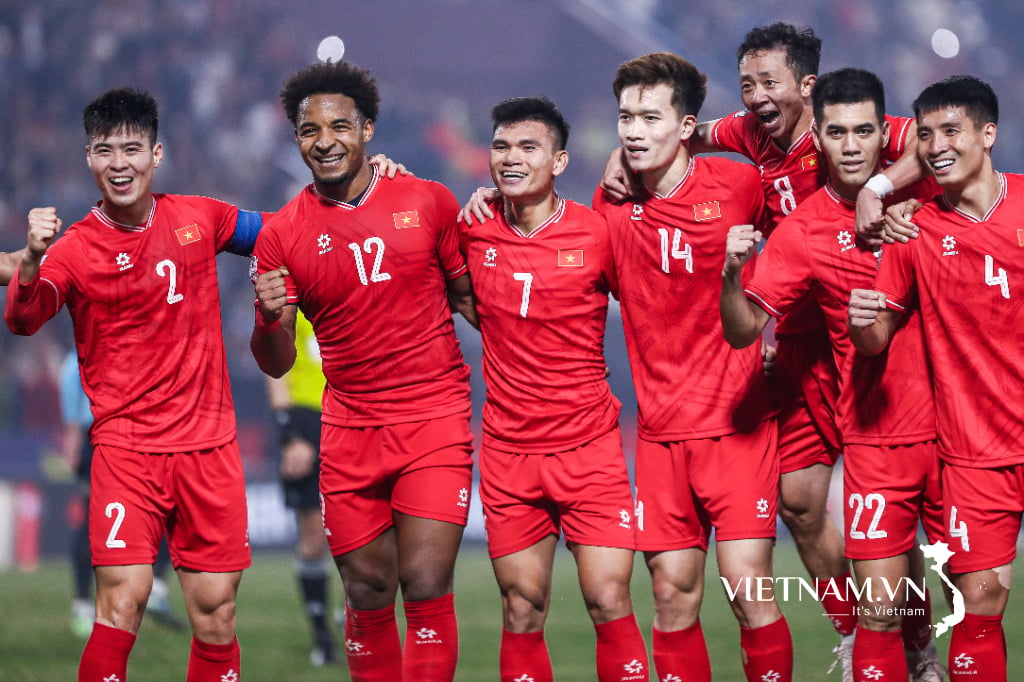

Comment (0)